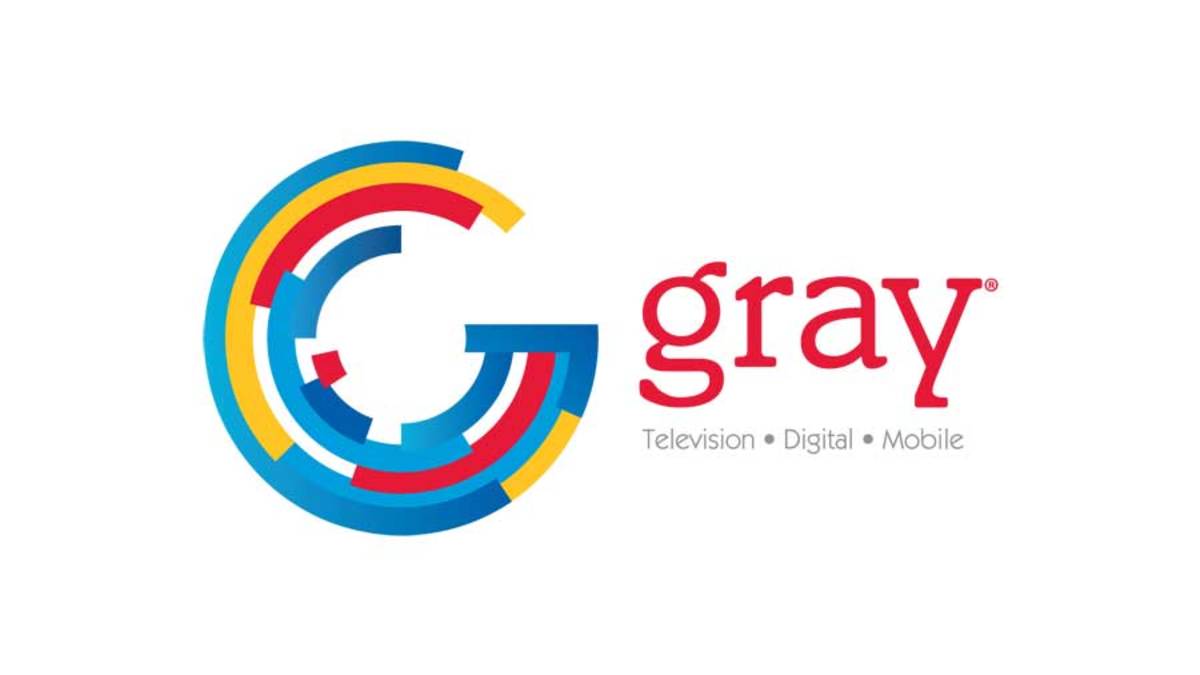FCC OK With Gray/Raycom Merger
WASHINGTON—As expected, Gray Television has now received both FCC and Department of Justice approvals for its $3.6 billion acquisition of Raycom Media.
The FCC helped pave the way this week by dismissing a license challenge to Raycom stations in Honolulu, announcing its approval of the deal late Thursday.

The Media Bureau did not find MVPD objections to some of the station combos and the impact of the deal on retransmission consent negotiations persuasive, and said that the establishment of statewide news bureaus and Raycom stations' access to Gray's Washington, D.C., bureau as reasons the merger would be in the public interest.
The American Cable Association had wanted the FCC to condition the deal on Gray not being able to use after-acquired clauses to raise retrans fees at the stations it is spinning off before it divests them to a third party. The FCC said that since Gray told the commission it would not, that was good enough since Gray is "bound by the Commission's rules and character policy to deal truthfully with the Commission."
The FCC will allow Gray to retain two of the top four stations in Honolulu and Amarillo. In the case of Amarillo, the FCC said it is because one of the stations is usually not in the top four, but was in the last Nielsen book due to an anomalous circumstance. In the case of Honolulu, Raycom argued that Raycom has ramped-up news there, which using the Gray Washington bureau would bolster. The FCC agreed that breaking up the Raycom duopoly would cause more harm than good.
Under a recent reg change, while owning two of the top four stations in a market is still preemptively against FCC local ownership rules, it is a rebuttable presumption, which Gray has successfully rebutted in the case of Honolulu and Amarillo. NCTA-the Internet & Television Association had argued against allowing those combos.
But while there were calls for conditions and concerns expressed by cable and satellite operators, there were not petitions to deny the deal .
Get the TV Tech Newsletter
The professional video industry's #1 source for news, trends and product and tech information. Sign up below.
Gray says the plan is to close the deal by Jan. 1.
DOJ's approval of the deal last week pointed to its requirement that Gray spin off a bunch of stations, giving the suggestion it was a condition it had extracted, though giving Gray props for cooperating.
But Gray points out in its announcement of the dual DOJ/FCC approvals and closing date, that those stations were the same ones it identified back in June as necessary to comply with FCC duopoly rules and were already part of the deal as structured. "The regulatory consents include no unexpected or unusual terms and conditions," it pointed out.
The company will reach a combined 24% of the country, and Raycom will spin off over 100 local newspapers and the digital ad platform PureCars. But Gray will also be getting Raycom Sports; RTM Productions, an automotive media compan; and Broadview Media, a post-production and signage house.
Gray is divesting Raycom stations WTNZ Knoxville (Fox), WTOL Toledo (CBS), KXXV Waco (ABC), WTXL Tallahassee (ABC), WFXG Augusta(Fox), KWES Odessa (NBC), WGPX Panama City (Fox), WDFX Dothan (Fox), and Gray's WSWG Albany (CBS).
"The American Cable Association applauds the Federal Communications Commission for requiring Gray and Raycom to divest nine television stations in 'duopoly markets' as a condition of their merger," the cable trade said. "ACA is also pleased that, in approving the transaction, the FCC helped avoid the triggering of Gray’s 'after-acquired station' clauses with respect to Raycom stations to be divested."
Contributing editor John Eggerton has been an editor and/or writer on media regulation, legislation and policy for over four decades, including covering the FCC, FTC, Congress, the major media trade associations, and the federal courts. In addition to Multichannel News and Broadcasting + Cable, his work has appeared in Radio World, TV Tech, TV Fax, This Week in Consumer Electronics, Variety and the Encyclopedia Britannica.

